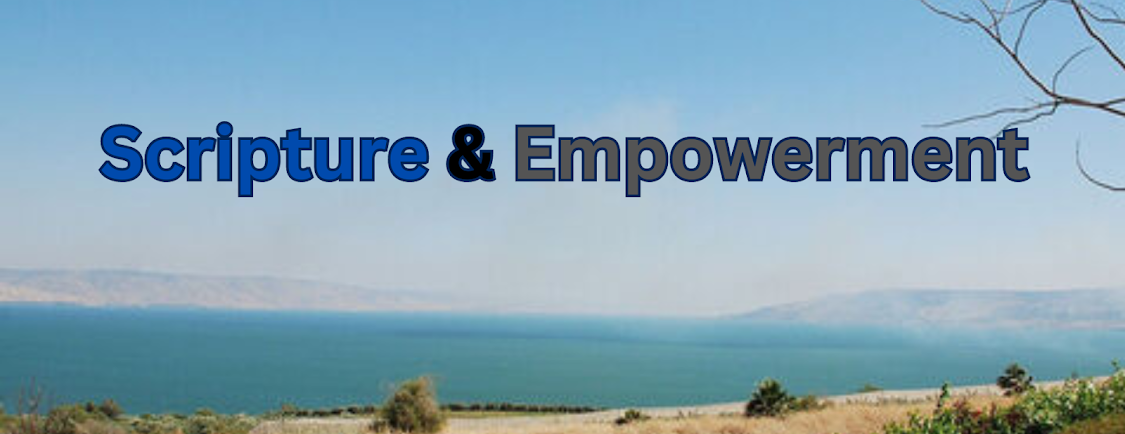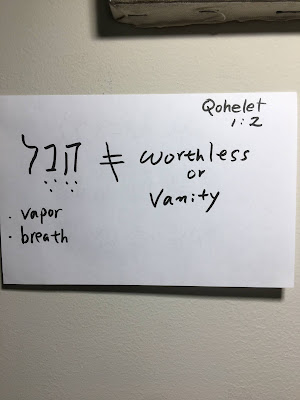My academic journey began with a critical examination of the body metaphor, especially "the body of Christ" in 1 Cor 12:27 and elsewhere in Paul's letters. Eventually, my dissertation about this topic was published by Fortress Press in 2008:
Christ's Body in Corinth: The Politics of a Metaphor (Fortress, 2008). This book is one of the earliest volumes in the Fortress series Paul in Critical Contexts. Since then, many researchers and theologians have referred to my work. In fact, my reading of "the body of Christ" is unique and sound, as the book was reviewed by some:
Although much has been written on the Pauline notion of the "body of Christ," this contribution by Presbyterian scholar Kim offers a thoughtful and provocative insight worth considering. Kim observes that the Pauline metaphor can be interpreted as setting boundaries or differentiations between the Christian community and those outside. However, if we consider the "body of Christ" as the crucified body of Christ it can be seen as a means of dissolving boundaries and being more inclusive, particularly of those who are pushed to the margins or who suffer. Kim draws out from this key Pauline symbol the implications for the church and society today, particularly in the Gospel call for solidarity with those who are marginalized. --Donald Senior, The Bible Today, 47(2) p.141. (Mar-Apr 2009)
Thanks also for calling attention to your book on the body of Christ in 1 Corinthians. I read the attachment that you sent, and it sounds like your interpretation and ours are very supportive of each other. I do think the body image is about inclusive egalitarianism in the new life in Christ, and not about sharp social boundaries. -- A message from Marcus Borg (May 21, 2009).
I’ll add my own encouragement to it–I was at a clergy meeting last week where the question of “the nature of the church” came up, and someone said “Well, we’ve all got to strive for unity because we’re the body of Christ,” and I described your book and said that metaphor meant a lot more than just unity. People had never heard of the idea before. I hope it revolutionizes our thinking! -- a Message from Neil Elliott, editor of Fortress Press (May 21, 2009).
Why I wrote this book:
The interpretation of the "body of Christ" in 1 Corinthians is a pressing concern in the present context of a diversified global church because its predominant interpretation as an ecclesiological organism characterized by unity and homonoia (concord) serves as a boundary marker that tends to exclude the voices of marginality and diversity. This traditional reading, while plausible, ignores a deeper, ethical meaning of the "body of Christ" as re-imagined through his body crucified, which questions an ideology of hegemonic power in both the Corinthian context and today. From the perspective of a different conception of community and of soma christou in the image of Christ crucified, this metaphor of soma christou becomes a metaphor for a way of living through which the Corinthian community is expected to live as a Christic body, identifying Christ's body with the most vulnerable and broken bodies in the community and in the world, an issue that we are to grapple with and resolve. Read this way, Paul's theology continues the legacy of Jesus tradition in terms of deconstruction (critique of religion and culture) and reconstruction (advocacy of the beloved community for all). Paul's theology should be reclaimed as such so that we might truly appreciate what he lived for. That is why I wrote this book.









